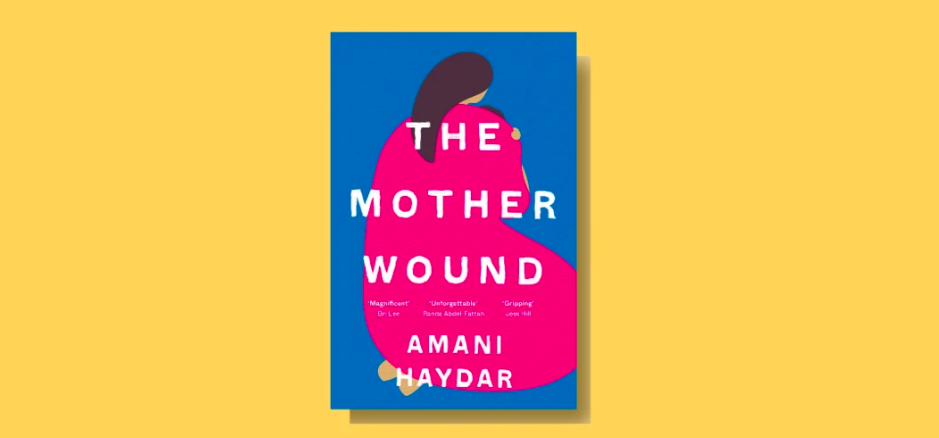
In Amani Haydar’s (lawyer, artist, mum and advocate for women’s health and safety) recently released memoir, “The Mother Wound”, we as readers are taken on a veritable rollercoaster of emotions as Amani faithfully recounts the events leading up to and including the murder of her mother, Salwa Haydar, at the hands of her father, Haydar Haydar, in Sydney in 2015, and the devastating aftermath for Amani and her family.
Both Amani’s parents hailed from the same village, Aitaroun, in southern Lebanon and were the recipients of an arranged marriage, when Salwa was 17 and Haydar was 30. Haydar, by this time, had been living as a young, single man in Sydney for some time, and brought Salwa there to live with him. Regrettably, there were red flags present in the marriage from the beginning. As Amani writes of her parents’ early years as a married couple, “He was highly critical of the way she carried herself, berating her if she said or wore the wrong thing, or if she laughed too loud or at the wrong time.”
Haydar was consistent in his emotional abuse of Salwa, and exhibited controlling behaviour that included coercive control of her and gaslighting her. Consequently, a dark, sinister cloud of anxiety and fear permeated the household of Haydar and Salwa and their four children – Amani, her brother Ibrahim, and sisters Nour and Ola – and it is unsurprising, albeit devastating and heartbreaking, that after raising their four children, Salwa’s and Haydar’s relationship ended and the children were left motherless in such a brutal and sickening way (Haydar attacked Salwa one night after she had come home from work, mercilessly stabbing her 30 times). Amani was five months pregnant with her daughter at the time, and thankfully was able to keep the baby despite the overwhelming sorrow that engulfed her.
As a daughter, how do you even register, let alone adequately process and recover from such a deliberate, spiteful and evil atrocity committed against your own mother at the hands of your father (who Amani and her siblings had previously looked up to, although were perhaps afraid and wary of)? Amani deftly and wisely exhibits the myriad of ways in which she moved from a place of shock and outrage to working to prevent such an abhorrent crime of domestic violence taking place in the community again.
Salwa had such great dreams for her life at the time of her death. After spending many years raising her children, she was working as a counsellor at St Vincent’s hospital in Sydney and as a mental health advocate. She was also part way through a social work degree, which Amani accepted for her mother posthumously at a graduation ceremony.
Amani has a razor sharp lawyer’s intellect, so that although her heartbrokenness is constantly on display in this book, we are also imbued by Amani with information regarding the statistics and studies regarding domestic abuse. This book should be mandatory reading for all people (men and women) from their late teens upwards, not only in Australia, but around the world. Domestic abuse knows no boundaries in terms of nationality, religion and class and affects all tiers of society. You must read this book. If reading this book encourages anyone to leave an abusive relationship, then what a wonderful objective it has achieved.


Leave a Reply